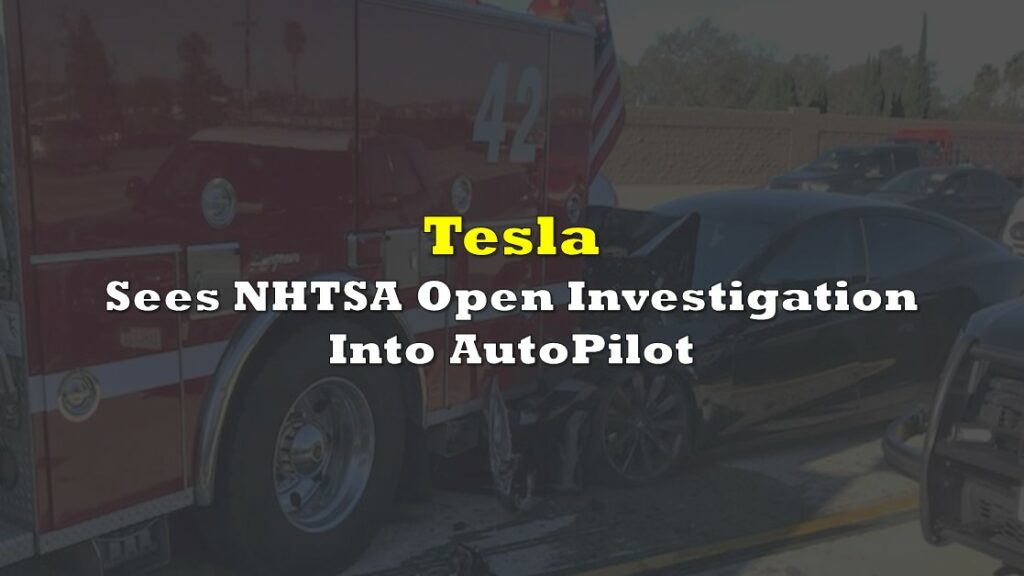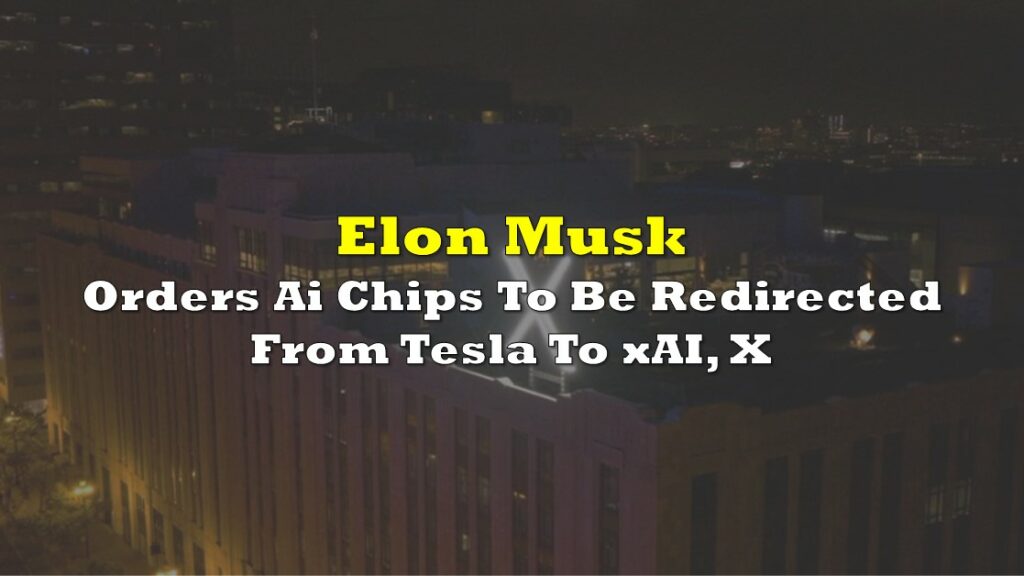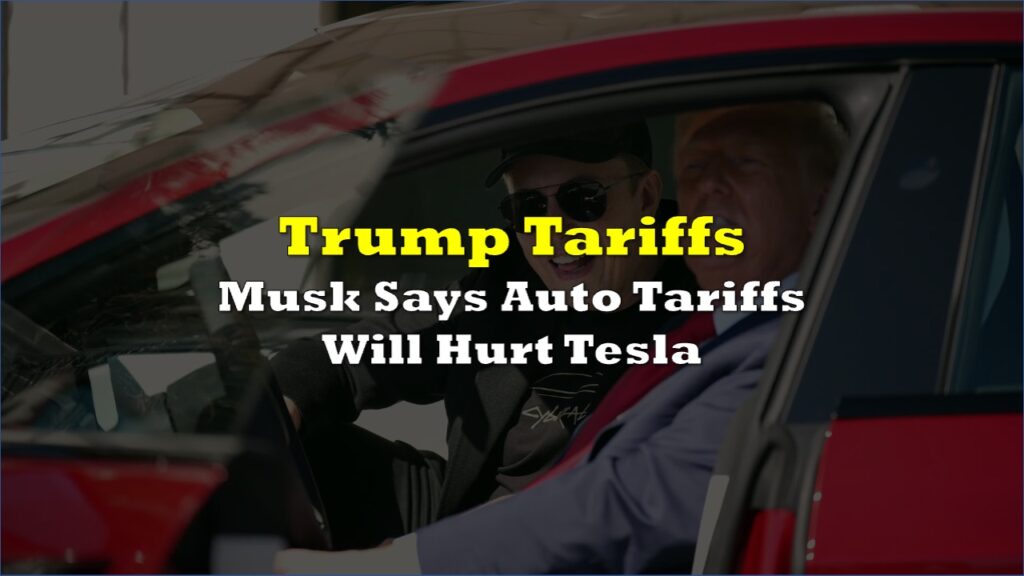Human resource management continues to be one of Elon Musk’s weakest link. While he deals with massive layoffs at Twitter, his auto firm Tesla (Nasdaq: TSLA) is suffering missed targets due to recruitment hurdles.
When the Berlin gigafactory first launched in March, the goal was to build 5,000 vehicles per week by the end of the year–even stretching this out to construct half a million Teslas in Berlin in 2022, as Musk told a German media. However, it is far from meeting its objectives due to serious recruitment issues—the company has only hired 7,000 individuals out of a planned 12,000. This lack of staff is compounded by unmet production objectives.
In November, Tesla posted a record amount of job openings for the year, about 7,500 in all. According to data from its own website, this is more than quadruple the number of postings in mid-June. Despite the fact that the majority of these positions were in the United States, Germany came in second, with 386 jobs advertised at the Berlin factory on November 11, including one for a “high-volume recruiter.”
But aside from being unable to fill in the vacancies, the carmaker is also losing experienced employees. Former and current staffers say that present employees are leaving because of poor and unequal pay and inexperienced management in Germany’s highly competitive industrial sector.
“Some people are off sick longer than they’ve actually worked. There are people who I haven’t seen working for three weeks in six months. Many people are signed off sick because the motivation isn’t there,” they say, blaming poor working conditions.
At the end of October, Tesla’s Berlin gigafactory hit a production milestone of 2,000 Model Y cars per week. This means that gigafactory workers’ production has more than doubled since June. Even if they keep increasing output at this rate, they will fall well short of their goal of 5,000 per week by the end of the year. This is significantly lower than the output of the company’s other gigafactories: according to Tesla data watcher Troy Teslike, Giga Shanghai hit 20,000 units in exactly 100 days, Giga Texas in 151 days, and Giga Berlin in 187 days.
It also doesn’t help that Tesla is slowly being viewed as an unattractive employer in the heavily unionized German auto sector. Tesla has slid from second to sixth on the list of favored employers for German engineering graduates. It has now fallen below German automakers such as Porsche, with several respondents citing Elon Musk’s comments about sacking employees who wanted to work from home.
Tesla’s attempt to increase recruiting and retention by increasing pay for new employees backfired as well, as longer-term employees were paid less than people who had just arrived doing the same positions with comparable qualifications. This is not normally achievable in Germany’s heavily unionized auto industry, where pay are usually negotiated according to union rates.
Musk is currently in a legal battle to defend why he’s worth the massive $50-billion Tesla pay package that helped make him the world’s wealthiest person. Court documents included an internal 2018 worker survey done during a difficult era for the company, with highlights pointing to the CEO’s problematic employee management style.
“Review of employee survey results,” former chief people officer, Gabrielle Toledano, then said in the email. “Not good on [compensation, especially] from VPs, and not good on leadership, mostly about Elon.”
On the other hand, the gigafactory in Texas is also slated to face a lawsuit filed by its construction workers alleging major labor and employment breaches during the construction of the factory, exposing the employees to injuries and wage fraud.
READ: Texas Gigafactory Construction Workers To Sue Tesla Over Alleged Employment Violations
This isn’t the first time Musk’s vehicle company has been implicated in a safety infraction. Tesla’s Fremont, California plant has greatly surpassed other major US auto manufacturers in terms of OSHA infractions in recent years, accruing over $236,000 in fines between 2014 and 2018. Similarly, workers at its factory outside Reno, Nevada, have suffered a litany of accidents, including amputations.
The carmaker is also planning to reduce output by at least 20% from the Shanghai gigafactory’s full production, bringing capacity levels on par with October and November. The voluntary move comes amid a slump in China’s demand for Teslas, indicative of the company’s recent onslaught of incentives and price cuts. The EV maker has also drastically reduced its delivery times, suggesting that supply is outpacing domestic demand.
READ: Tesla Prepares to Cut Back Shanghai Production Due to Low Chinese Demand
Rate of production should probably be Musk’s top concern at Tesla. No matter how much he asks people to “buy a Tesla,” it’s going to be hard to fulfill the demand given the history of missed production timelines.
Or you can just buy a Tesla
— Elon Musk (@elonmusk) December 4, 2022
Information for this briefing was found via Wired and the sources mentioned. The author has no securities or affiliations related to this organization. Not a recommendation to buy or sell. Always do additional research and consult a professional before purchasing a security. The author holds no licenses.









